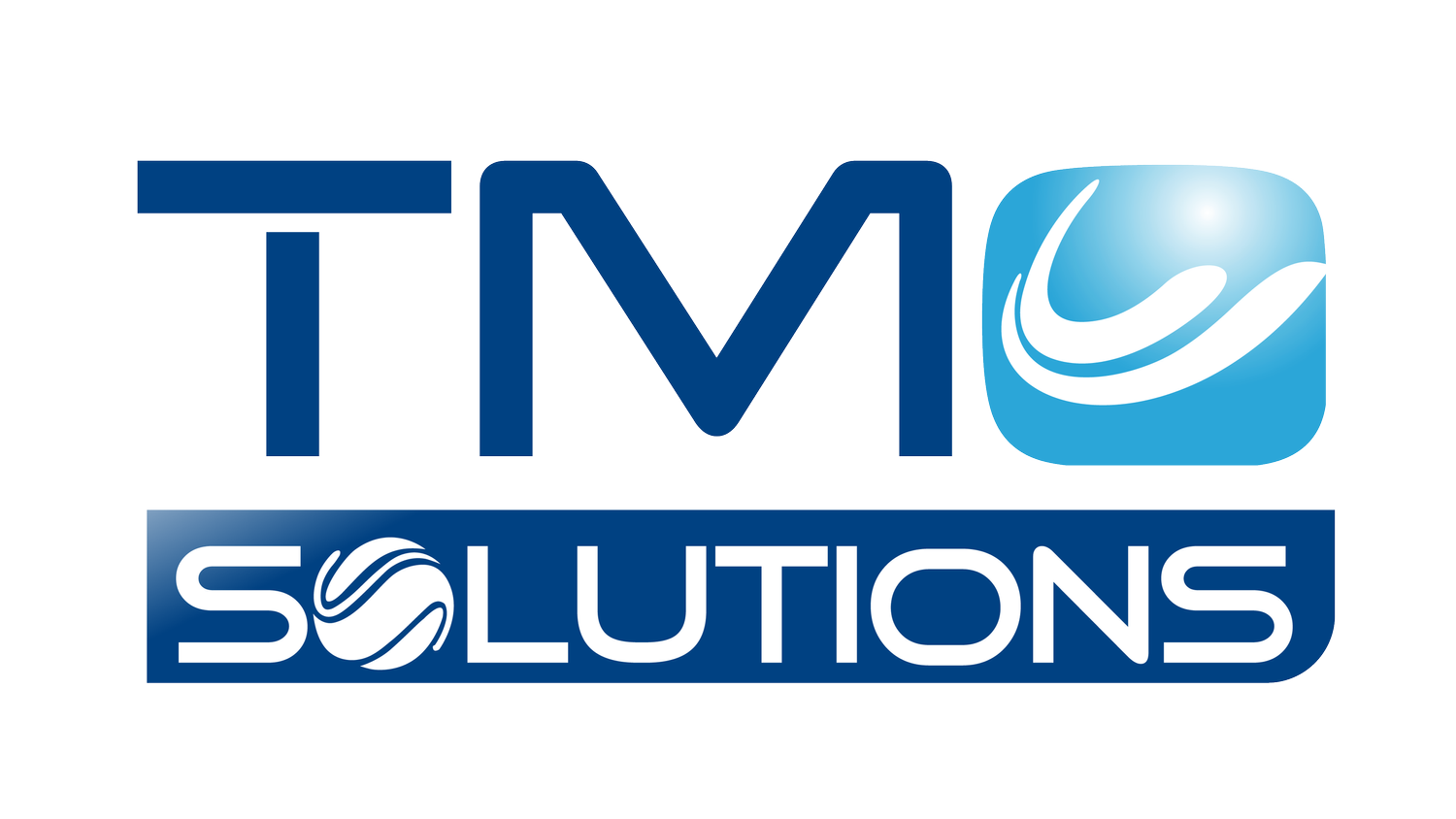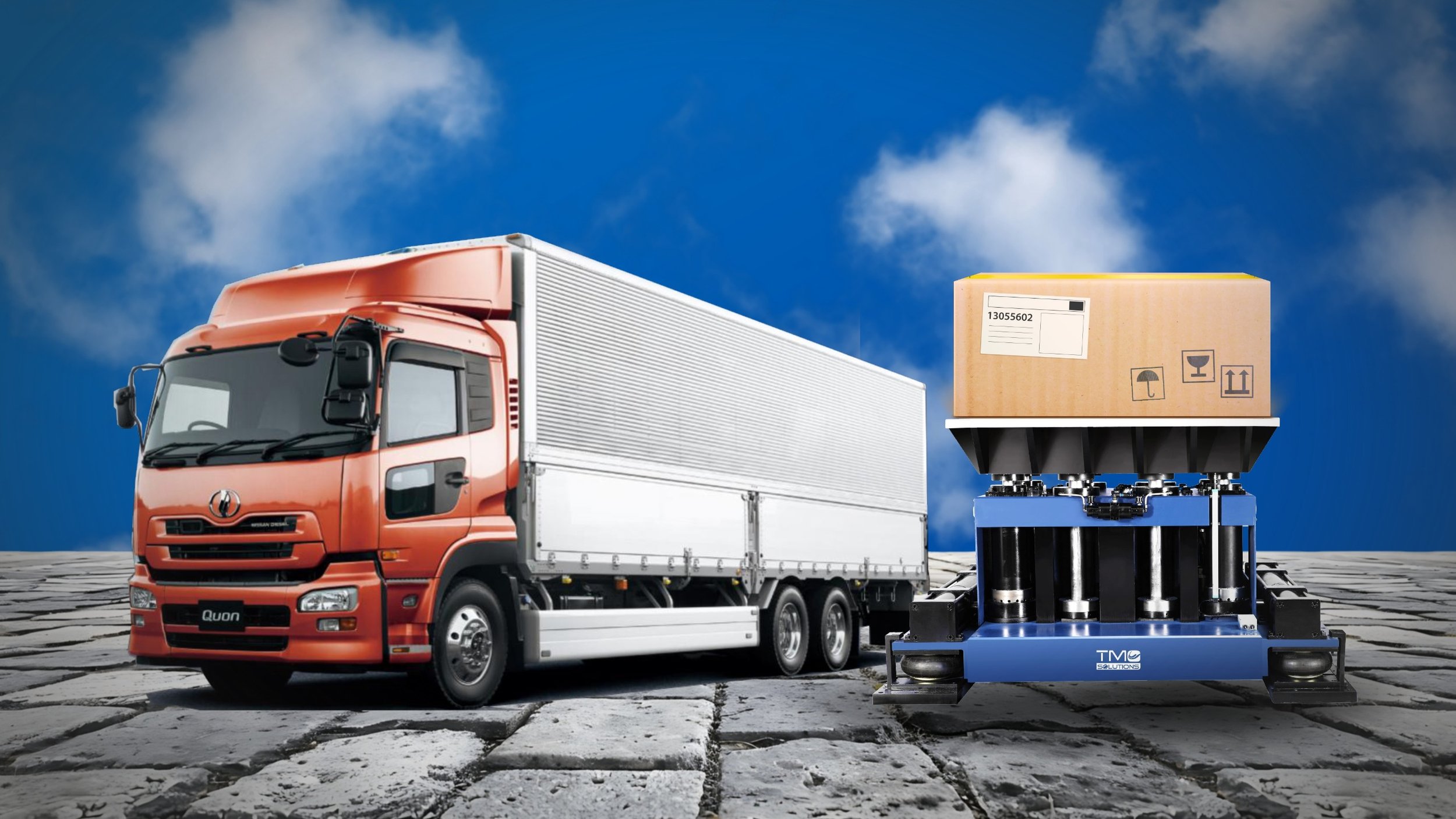Simulating Real-World Shocks for Product Reliability
How Shock Machines Simulate Real-World Conditions for Reliable Product Testing
In today’s competitive market, ensuring product reliability is critical for maintaining customer satisfaction and avoiding costly recalls. Whether you are in the aerospace, automotive, consumer electronics, or defense industry, products are often subjected to real-world shocks during shipping, installation, and operation. These forces can lead to product failure if they aren’t tested and designed for durability. This is where shock machines and shock test equipment come into play. These machines simulate real-world shock conditions, ensuring that products are able to withstand impacts and perform reliably in their intended environments.
At TMC Solutions, we provide advanced shock machines that allow manufacturers to test their products against the most demanding shock conditions. By investing in shock testing early in the product development cycle, companies can reduce the risk of failure and improve product reliability.
What is a Shock Machine?
A shock machine is a specialized piece of equipment used to simulate sudden impacts or shocks on a product. The goal is to assess how a product or component reacts to mechanical shock events that it may experience during transportation, handling, or actual use. These machines create controlled shock pulses that mimic the real-world conditions that products will face during their lifecycle.
Typical shock test equipment generates specific types of shock pulses, including:
Half-sine waves: These simulate the shock impact of a drop or collision.
Trapezoidal waves: Used to mimic the steady force of an extended impact.
Sawtooth waves: Often used to simulate more abrupt, high-intensity shocks.
Why is Shock Testing Important?
Shock testing is a critical part of reliability testing solutions because it helps manufacturers identify potential weaknesses in their products. Whether testing a fragile electronic component or a heavy-duty automotive part, shock testing ensures that the product is durable enough to withstand sudden forces and continue operating as intended.
Failure to conduct adequate shock testing can lead to a host of problems, including:
Product damage during shipping or installation.
System failures that could pose safety risks for users.
Increased warranty claims and product recalls.
According to a report by MarketsandMarkets, the global environmental test chamber market, which includes shock testing equipment, is projected to grow from $910 million in 2021 to $1.2 billion by 2026, at a compound annual growth rate (CAGR) of 5.7%. This growth underscores the increasing importance of environmental and shock testing for product development in industries such as automotive, aerospace, and electronics.
Types of Shock Machines
There are several types of shock machines available, each designed to meet specific industry and product testing needs. Choosing the right shock machine depends on factors such as the size and weight of the product, the magnitude of shock it needs to endure, and the specific type of shock pulse required.
1. Mechanical Shock Machines
Mechanical shock machines are often used for larger products or those that need to undergo high-impact shock testing. These machines typically involve a drop or collision to simulate shock pulses. They are ideal for heavy-duty applications such as industrial equipment or large automotive components.
2. Electrodynamic Shock Machines
Electrodynamic systems are highly precise and typically used for smaller, lighter components, such as consumer electronics or aerospace parts. These machines generate controlled, repeatable shock pulses using electrodynamic actuators, making them ideal for testing delicate components at high frequencies and low impact levels.
3. Pneumatic Shock Machines
Pneumatic shock machines use compressed air to create high acceleration and short-duration shocks. These systems are commonly used for testing components in industries like aerospace and defense, where products must withstand extreme forces.
4. Hydraulic Shock Machines
Hydraulic systems are used for larger components that require longer pulse durations. These machines are particularly effective for Shock Response Spectrum (SRS) testing, which measures how a product responds to shocks across various frequencies. Hydraulic shock machines are often used in industries where heavy-duty products, such as military equipment or large machinery, must be tested.
How Shock Machines Simulate Real-World Conditions
Shock machines simulate the sudden forces a product might encounter during its life cycle. For instance, a product could be subjected to shocks during shipping, where it may be dropped, jolted, or struck by other objects. Shock machines simulate these impacts by generating controlled pulses, allowing manufacturers to test how their product reacts to those conditions.
A typical shock machine can simulate:
Transportation Impacts: This includes drops, collisions, and other mechanical shocks that products encounter while being transported from the manufacturer to the consumer.
Operational Impacts: Many products, particularly in aerospace and automotive industries, must withstand shocks during regular operation, such as the intense forces generated by engines, turbines, or sudden stops.
Handling Mishaps: Products can suffer from damage due to mishandling in warehouses, stores, or during installation. Shock testing ensures that products can tolerate these minor, yet frequent, events.
Benefits of Using Shock Machines for Product Testing
Investing in a shock machine offers several key benefits for manufacturers:
Reduced Product Failures: By identifying weak points in a product design during the testing phase, manufacturers can improve the durability and performance of their products, reducing the likelihood of failures in the field.
Lower Warranty Claims and Recalls: Testing products under shock conditions helps to minimize the risk of product failures, which can lead to costly recalls and warranty claims.
Improved Product Reliability: Shock testing ensures that products meet the demands of their operating environments, increasing reliability and customer satisfaction.
Compliance with Industry Standards: Many industries, such as aerospace, defense, and automotive, have strict regulatory standards for shock testing. Using certified shock test equipment ensures that your products meet these critical industry requirements.
TMC Solutions: Your Partner for Shock Testing Equipment
At TMC Solutions, we understand the importance of comprehensive shock testing for ensuring product reliability. Our range of shock machines is designed to meet the testing needs of industries across the board, from small electronics to heavy-duty machinery. Whether you require mechanical, electrodynamic, pneumatic, or hydraulic shock test equipment, we can provide the solution that fits your product testing requirements.
Our experts are ready to help you select the right shock testing system for your application, ensuring that your products perform reliably in the real world.
Final Thoughts
As products become more complex and consumer expectations for durability increase, shock testing has become an essential part of the product development process. By investing in the right shock machine, manufacturers can ensure that their products meet industry standards, perform reliably, and minimize the risk of costly failures.
At TMC Solutions, we offer a wide range of shock test equipment designed to simulate real-world shock conditions, helping manufacturers improve their product designs and ensure long-term reliability. Contact us today to learn more about how our shock machines can enhance your product development process.

